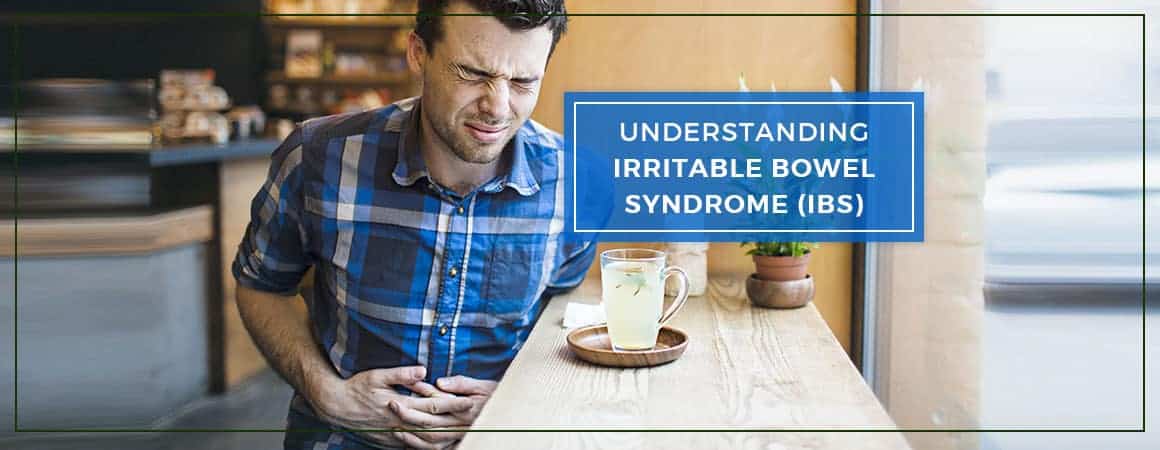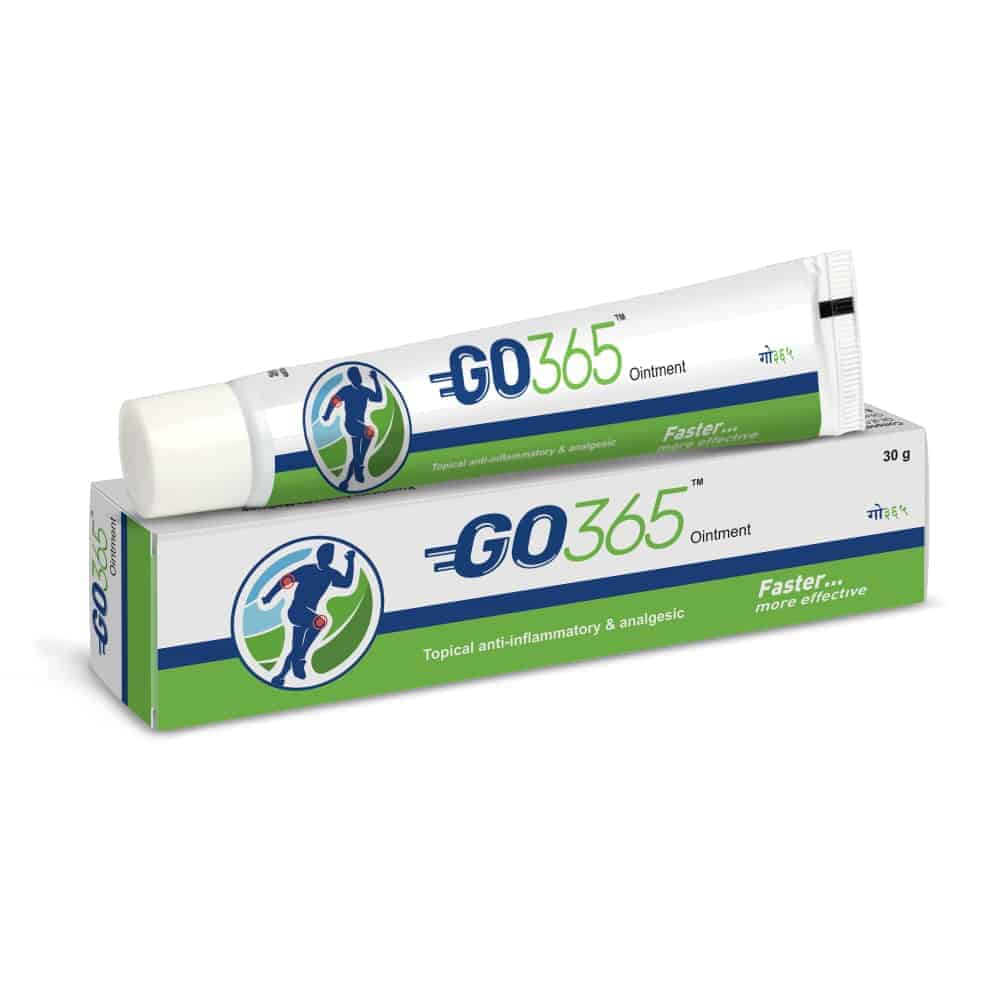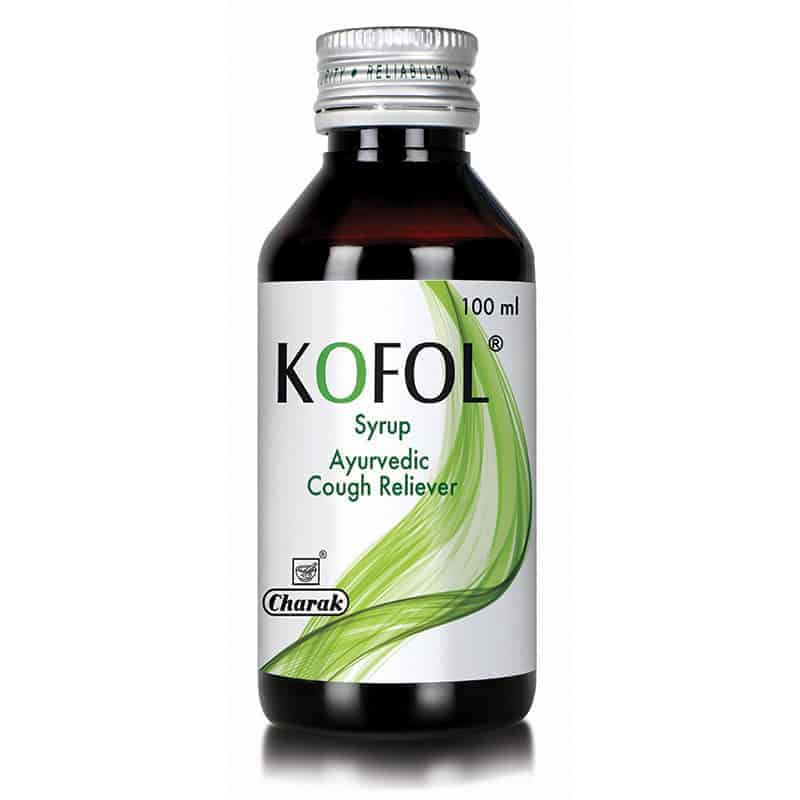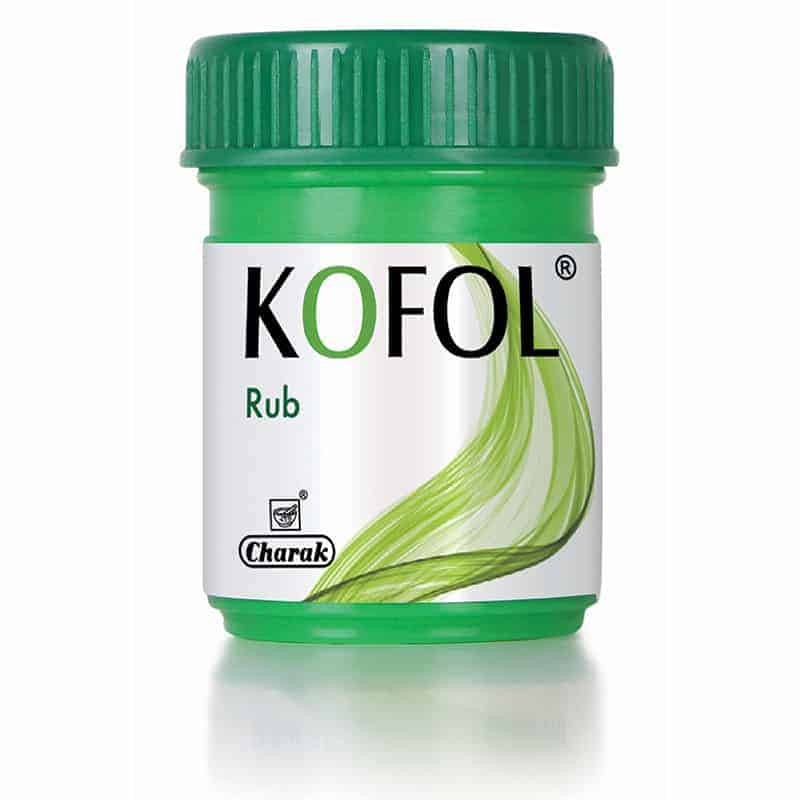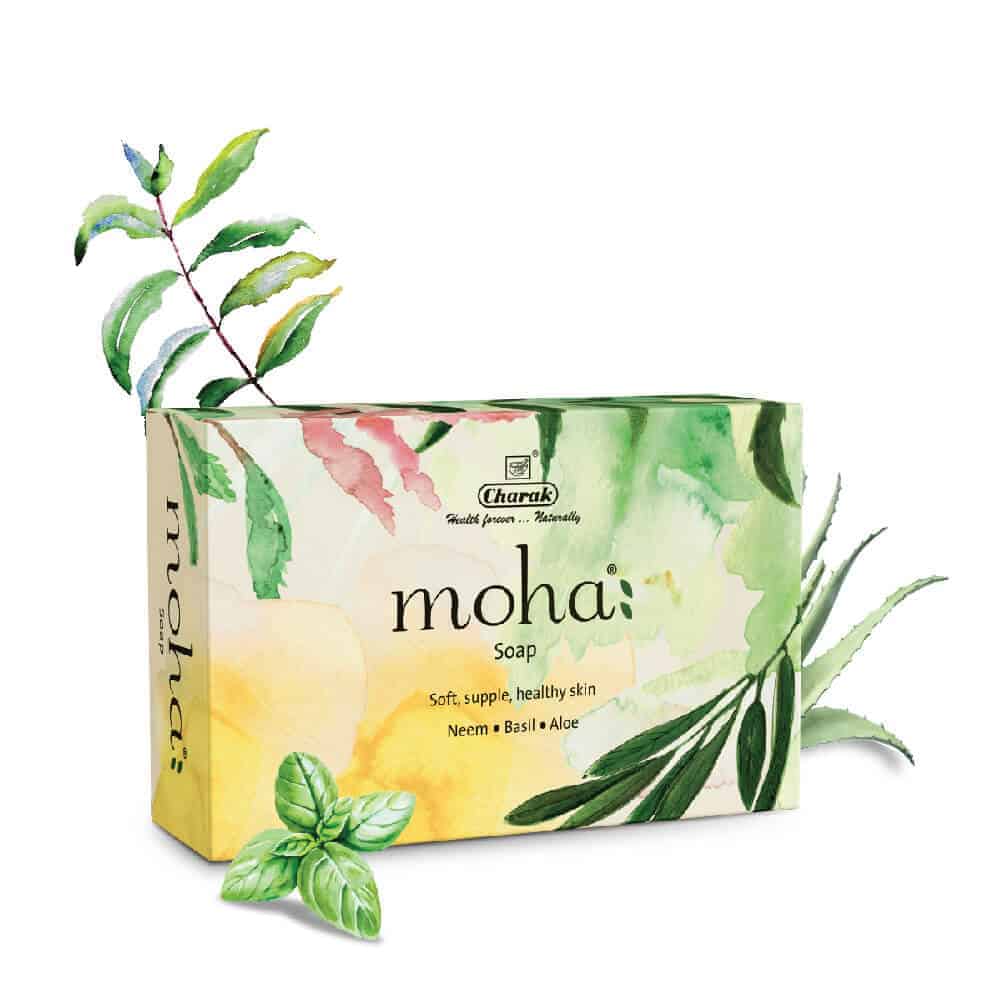Are you overstressed due to irregular bowel habits? Are you finding sticky mucus in stool? Are you wasting more time in toilet?
Do your belly pain and constipation feel tight like a vise? Do you feel incomplete bowel evacuation? Do you look for toilets before you go anywhere?
If yes, then you might be suffering from disease condition called as Irritable Bowel Syndrome (IBS)
What do the words mean?
Irritable: the bowel is very sensitive to normal digestive events and overreacts to them.
Bowel: the colon or large intestine.
Syndrome: a group of symptoms which describes a condition.
IBS has been known about for a long time. It has been called different things such as: mucus colitis, spastic colitis, spastic colon, irritable colon, nervous diarrhea, and nervous stomach. Almost 5% to 10% of the population consult their GP every year for IBS symptoms.
What are the IBS symptoms?
- Abdominal pain, cramping or bloating that is typically relieved or partially relieved by bowel movement
- Excess gas
- Diarrhea or constipation — sometimes alternating bouts of diarrhea and constipation
- Wind
- Bloating
- Feeling of incomplete evacuation of bowels
- Passing mucus
What causes IBS?
- Food intolerance: Something what you have eaten may make your gut react badly. There is strong research evidence that some people who are diagnosed with IBS may have lactose intolerance, so they only get IBS symptoms when they eat or drink dairy products.
- Changes in bacteria in the gut: Microflora is a group of “good” bacteria residing in the intestines and plays a key role in health. The microflora in people with IBS is different from microflora in healthy people
- Defective muscle contractions in the intestine: Contractions that are stronger and last longer than normal can cause gas, bloating and diarrhea. Weak intestinal contractions can slow food passage and lead to hard, dry stools.
- Gut and brain poor coordination: There may be something wrong with the way the gut senses or understands what is happening as food passes through it. This means that the gut does not react normally, leading to the symptoms of IBS.
- Emotions and gut relation: We all get ‘butterflies’ in our tummy before a stressful event like an exam or an interview and a lot of people get diarrhea or vomit. Maybe in people with IBS, the emotional link to the gut is stronger.
- Hormone changes and IBS: It is found that symptoms of diarrhea and constipation are linked to the menstrual cycle. Women with IBS have been found to have more problems with these symptoms during menstruation than women who do not have IBS.
- Intestinal infection. Post gastroenteritis IBS is very much common. IBS might also be associated with a surplus of bacteria in the intestines
- Mood disorders: Experiencing the signs and symptoms of IBS can lead to depression or anxiety. Depression and anxiety also can make IBS worse.
How to Cure IBS Naturally:
STOP-IBS Tablets: Ayurvedic Medicine for IBS Disease.
STOP-IBS is best ayurvedic medicine for IBS formulated by Charak Pharma, used to counter the symptoms associated with irritable bowel syndrome. STOP-IBS modulates intestinal motility, normalizes stool consistency, regulates stool frequency and relieves colic and abdominal distention, thus proved effective remedy for IBS treatment.
Shunthi in STOP-IBS accelerates gastric emptying; Bilwa is active against infectious forms of diarrhea and has antispasmodic and antibacterial properties which are useful in IBS treatment. Kutaj is a well-known herb for its anti-diarrheal and anti-bacterial activity. Brahmi helps in reducing the stress-responsible for aggravating the symptoms of IBS. Musta and Ativisha help to combat the diarrhea in Stop-IBS Tablet for Irritable bowel syndrome.
So understand your BOWEL health because ‘a good set of bowels is worth more to a man than any quantity of brains’.
